Efforts to promote STEM learning in young children have been proven to have significant impacts on important future learning in the areas of science, technology, engineering, and math.
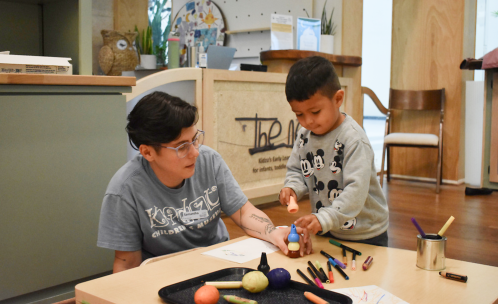
The STEM Innovation for Inclusion in Early Education (STEMIE) Center aims to:
- Expand the body of knowledge of implementing evidence-informed practices for early STEM learning
- Provide a continuum of technical assistance to improve knowledge awareness, acquisition, and implementation of inclusive STEM practices; and
- Engage partners from diverse disciplines and industries in work to increase the inclusion of young children with disabilities in high-quality STEM learning experiences.
Our Focus
STEMIE’s purpose is to promote high-quality inclusion of young children with disabilities in STEM learning opportunities. To accomplish this, our center emphasizes the need to individualize the environment, materials, and instruction based on children’s functioning and needs as opposed to a specific disability.

Focus on Inclusion
We also recognize that STEM experiences are influenced by various perspectives and learning environments. To support children in developing a positive STEM identity, STEMIE is focused on creating products and services that reflect the wide range of experiences and interests of children, families, and practitioners in terms of roles, backgrounds, and approaches to learning.

Focus on Growth-based Approach
STEMIE’s purpose is to promote high-quality inclusion of young children with disabilities in STEM learning opportunities. To accomplish this, our center emphasizes the need to individualize the environment, materials, and instruction based on children’s function and needs as opposed to a specific disability.

Leverage Evidence-informed Research and Tools
STEMIE uses developmentally appropriate and evidence-informed practices, including early STEM teaching practices and strategies and the Division for Early Childhood (DEC) recommended practices. To further build the foundation for critical STEM concepts in young children, we use a set of expert-built tools known as learning trajectories.
Our Team
Leadership Team
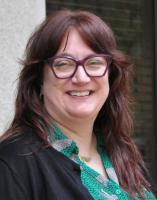
Megan Vinh
Frank Porter Graham Child Development Institute, UNC-Chapel Hill
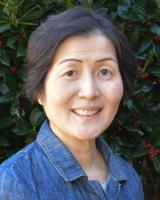
Chih-Ing Lim
Frank Porter Graham Child Development Institute, UNC-Chapel Hill

Doug Clements
Marsico Institute, University of Denver

Julie Sarama
Marsico Institute, University of Denver
Staff

Razan Aboud
Frank Porter Graham Child Development Institute, UNC-Chapel Hill

Jessica Ann Amsbary
Frank Porter Graham Child Development Institute, UNC-Chapel Hill
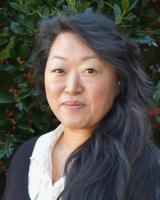
Julie Chin
Frank Porter Graham Child Development Institute, UNC-Chapel Hill
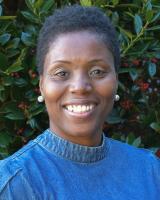
LaMana Donadelle
Frank Porter Graham Child Development Institute, UNC-Chapel Hill
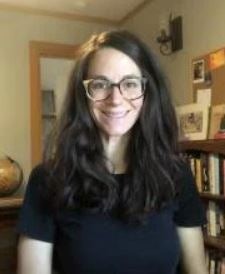
Jaclyn Eccesso
Marsico Institute, University of Denver

Christine Harradine
Frank Porter Graham Child Development Institute, UNC-Chapel Hill
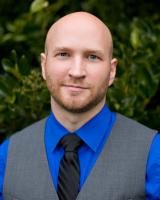
Adam Holland
Frank Porter Graham Child Development Institute, UNC-Chapel Hill

Lindsay Holland
Frank Porter Graham Child Development Institute, UNC-Chapel Hill

Annaleigh Lane
Frank Porter Graham Child Development Institute, UNC-Chapel Hill
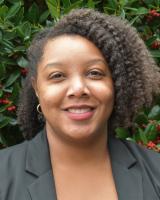
Sherra Lawrence
Frank Porter Graham Child Development Institute, UNC-Chapel Hill
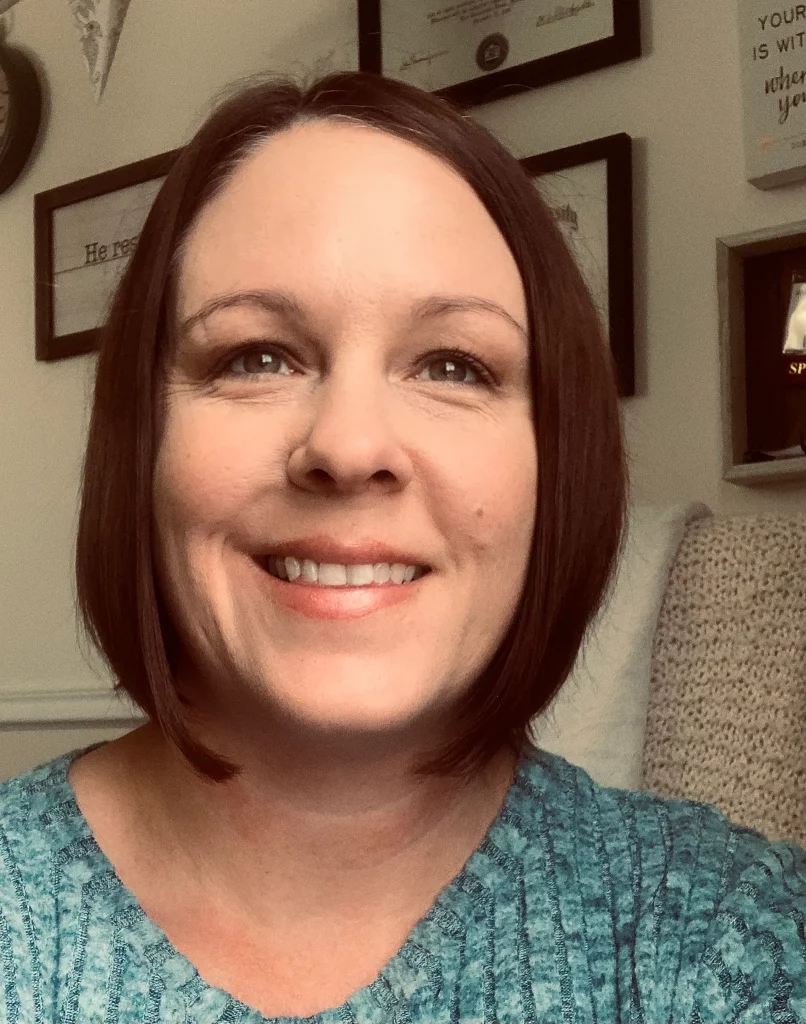
Tanna Neufeld
Marsico Institute University of Denver
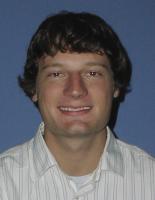
Kellen Reid
Frank Porter Graham Child Development Institute, UNC-Chapel Hill
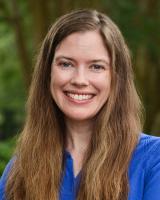
Ann Sam
Frank Porter Graham Child Development Institute, UNC-Chapel Hill
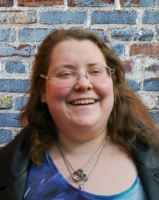
Hannah Spitzer
Frank Porter Graham Child Development Institute, UNC-Chapel Hill
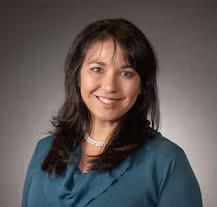
Shannon Stark-Guss
Marsico Institute, University of Denver

Daniel Van Ark
Frank Porter Graham Child Development Institute, UNC-Chapel Hill
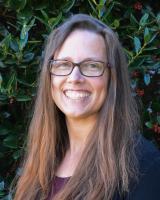
Victoria Waters
Frank Porter Graham Child Development Institute, UNC-Chapel Hill

Sherri Britt Williams
Frank Porter Graham Child Development Institute, UNC-Chapel Hill

Hsiu-Wen Yang
Frank Porter Graham Child Development Institute, UNC-Chapel Hill
Consultants
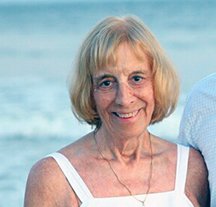
Pip Campbell

Cindy Hoisington
Early childhood STEM educator/researcher, Education Development Center (EDC)

Alissa Lange
Director, Center of Excellence in STEM Education, NE TN STEM Innovation Hub, Early STEM Lab, East Tennessee State University
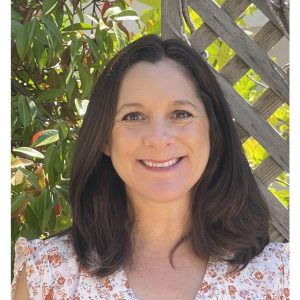
Yvette Mere-Cook
Department Chair and Associate Faculty, Occupational Therapy, Samuel Merritt University
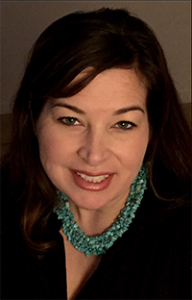
Lisa Wadors Verne
Program Manager of Education Research and Partnerships, Benetech
National Impact Team
- Industry leaders
- STEM experts
- Inclusion experts
- Practitioners
- Families
- IHE faculty


